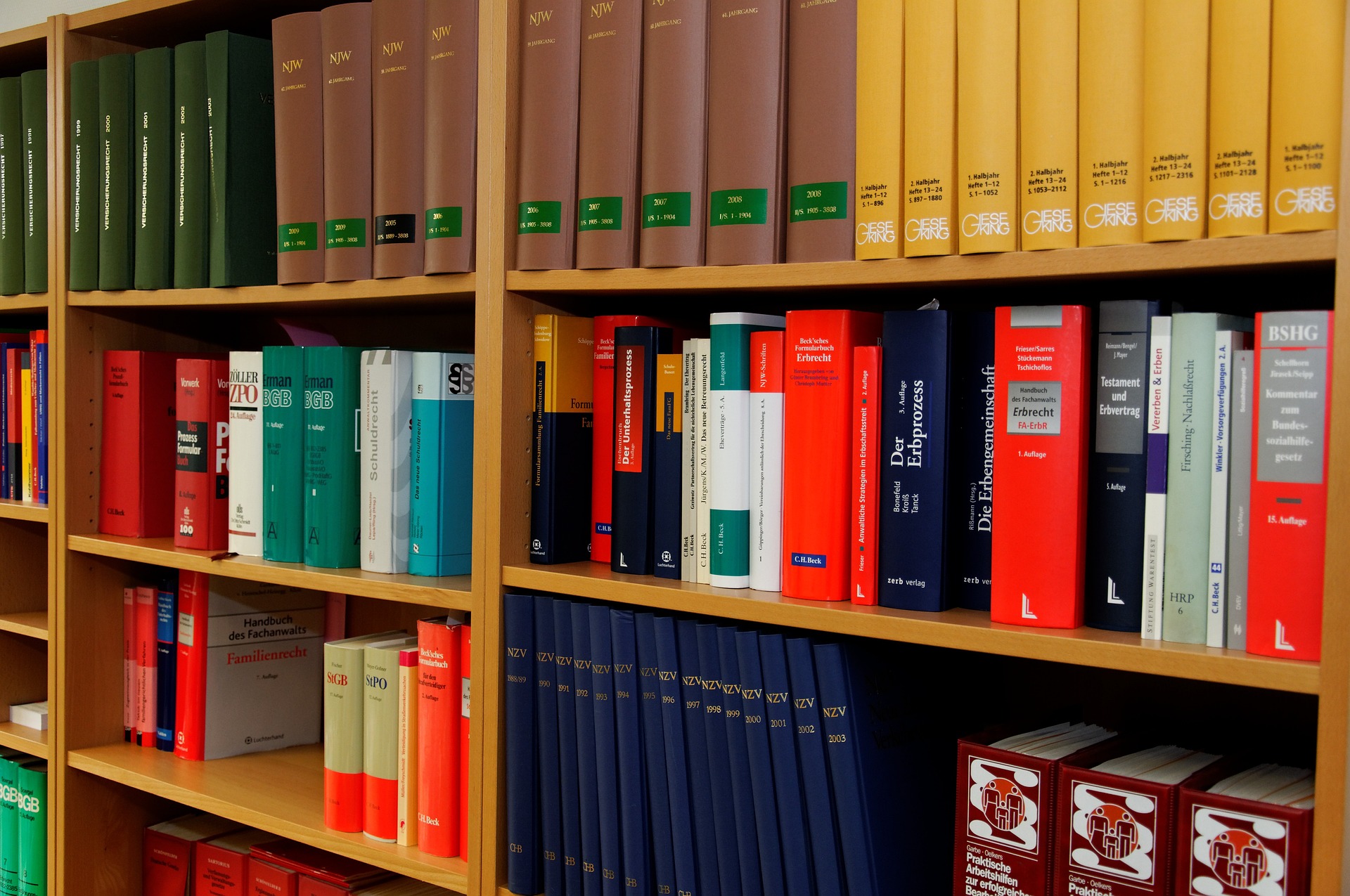"Understanding the Role and Impact of Monarchies in Modern Constitutional Law"
Introduction: Monarchies have long been a part of world history, with varying degrees of power and influence. However, in the modern world, their role, especially in constitutional law, is less understood. This article delves into the intricacies of such monarchies and their legal influence in contemporary society.

The Historical Context of Monarchies
Monarchies are one of the oldest forms of government, dating back to ancient times. Traditionally, monarchs held absolute power, ruling over their realms with unilateral authority. However, over the centuries, many monarchies have evolved into constitutional monarchies, where the monarch’s powers are limited and regulated by a constitution. Countries like the United Kingdom, Spain, and Japan are notable examples of constitutional monarchies.
The Shift to Constitutional Monarchies
The shift from absolute to constitutional monarchies began in the 17th century, largely driven by societal demands for democratic representation. The English Bill of Rights of 1689 marked a significant turning point, limiting the powers of the monarchy and setting a precedent for other nations. Over the following centuries, many monarchies adopted constitutions, effectively transitioning into constitutional monarchies.
Modern Constitutional Monarchies and Legal Developments
In a constitutional monarchy, the monarch typically serves as a ceremonial figurehead, with real political power vested in the parliament or another legislative body. However, the monarch’s role and powers can vary significantly depending on the country’s specific constitutional provisions.
For instance, in the UK, the monarch’s responsibilities include giving royal assent to laws and appointing the Prime Minister, although these actions are largely ceremonial and follow the advice of the elected government. In contrast, the King of Spain has more substantial powers, including the ability to dissolve the parliament and call for elections.
Current Legal Updates and Policy Discussions
Today, constitutional monarchies continue to adapt and evolve. There are ongoing debates about the relevance and appropriateness of maintaining monarchies in the 21st century, especially in democratic societies.
In Spain, for example, the monarchy has faced criticisms and calls for reform or abolition following a series of controversies. In response, the government has proposed legislative changes to increase transparency and accountability within the monarchy, reflecting broader trends towards enhancing democratic governance.
Implications and Impact on Society
The presence of a monarchy in a constitutional framework can have a significant impact on society. Monarchies often serve as unifying symbols, embodying national identity and continuity. However, they can also be sources of controversy, particularly when their cost or behavior is perceived as inconsistent with democratic values.
While the future of constitutional monarchies is uncertain, their impact on modern legal systems remains significant. As symbols of tradition and continuity, they offer unique case studies in the interplay between historical precedent and evolving legal norms.
In conclusion, understanding the role of monarchies in constitutional law helps illuminate the complex balance between tradition and modernity in contemporary legal systems. Despite the reduced political power of monarchs, their influence on legal developments and societal norms continues to shape the trajectory of constitutional law across the world.




